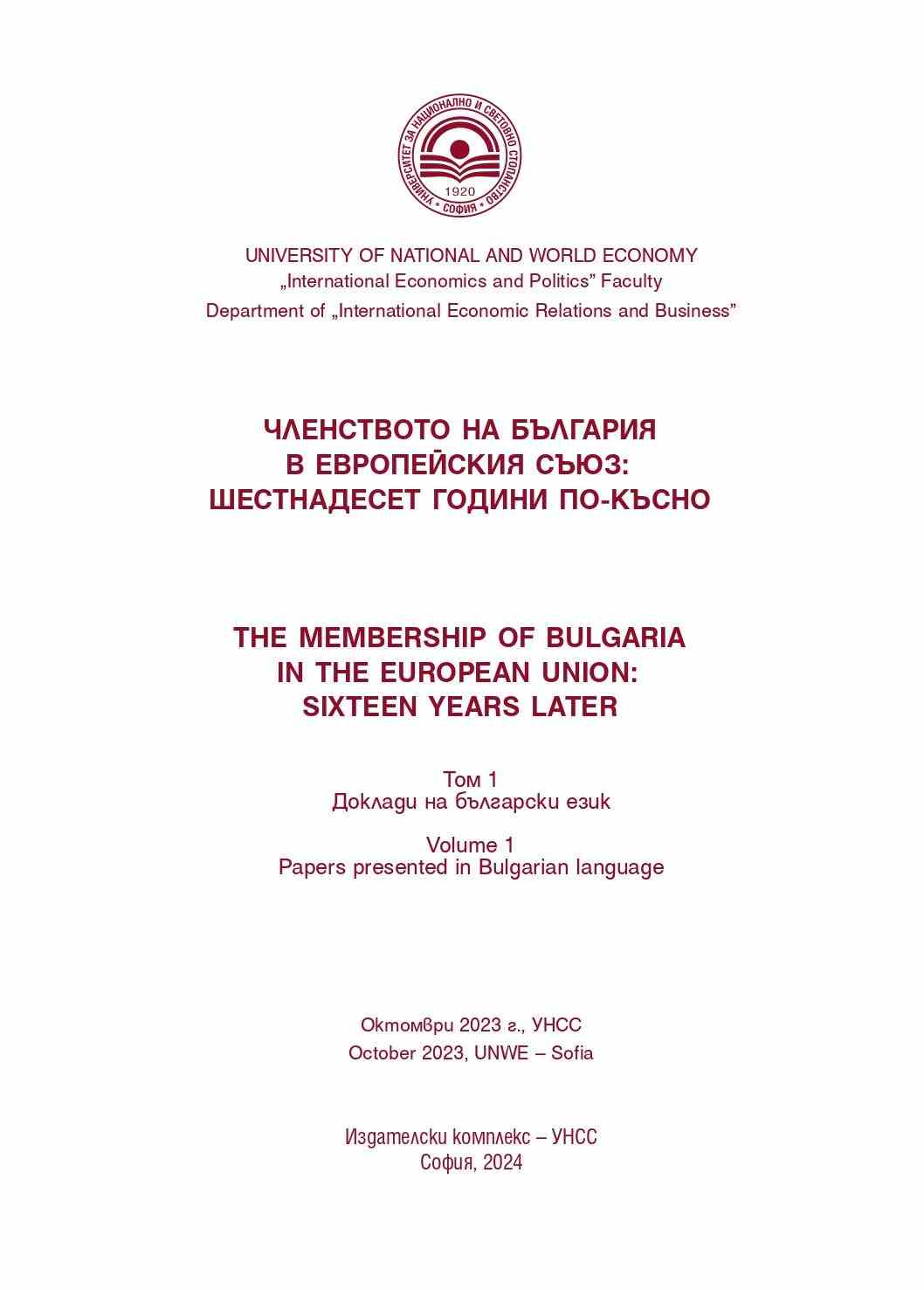Author(s): Selma Binjaku,Shkëlqim Fortuzi / Language(s): English
Publication Year: 0
Fundamentally, decentralization represents a democratic restructuring endeavor that seeks to transfer political, administrative, financial, and planning powers from the central government to local authorities. Its aims encompass boosting civic engagement, bestowing decision-making authority upon local communities, and fostering accountability and dependability. The overarching objective is to optimize the efficiency and effectiveness of resource collection, administration, and service provision. My interest in comprehending the evolution of our country’s decentralization initiative has driven me to delve into the subject of fiscal decentralization. This process entails endowing local governments not only with the entitlements arising from this empowerment but also the corresponding responsibilities that accompany it. Before and after decentralization, there are several stages that can be observed. These stages typically involve policy formulation, legal reforms, capacity building, fiscal transfers, and institutional adjustments. By analyzing key indicators, we can assess the impact of decentralization on various aspects of governance. The aim of this work is to take into consideration recent developments, both within the framework of central-level reforms and the work of local self-government bodies, primarily focusing on the period from 2005 to 2021. The work is primarily based on analyzing the findings identified from the following sources: Primary data collected through questionnaires administered to citizens, Accountancy Experts, and Businesses. Research from various reports, publications, or articles prepared as part of projects or activities of various public institutions operating in the field of local governance. Previous reports and analyzes on territorial-administrative reform have been conducted by national and international institutions, and their findings have been extensively used in the preparation of this work.
More...



